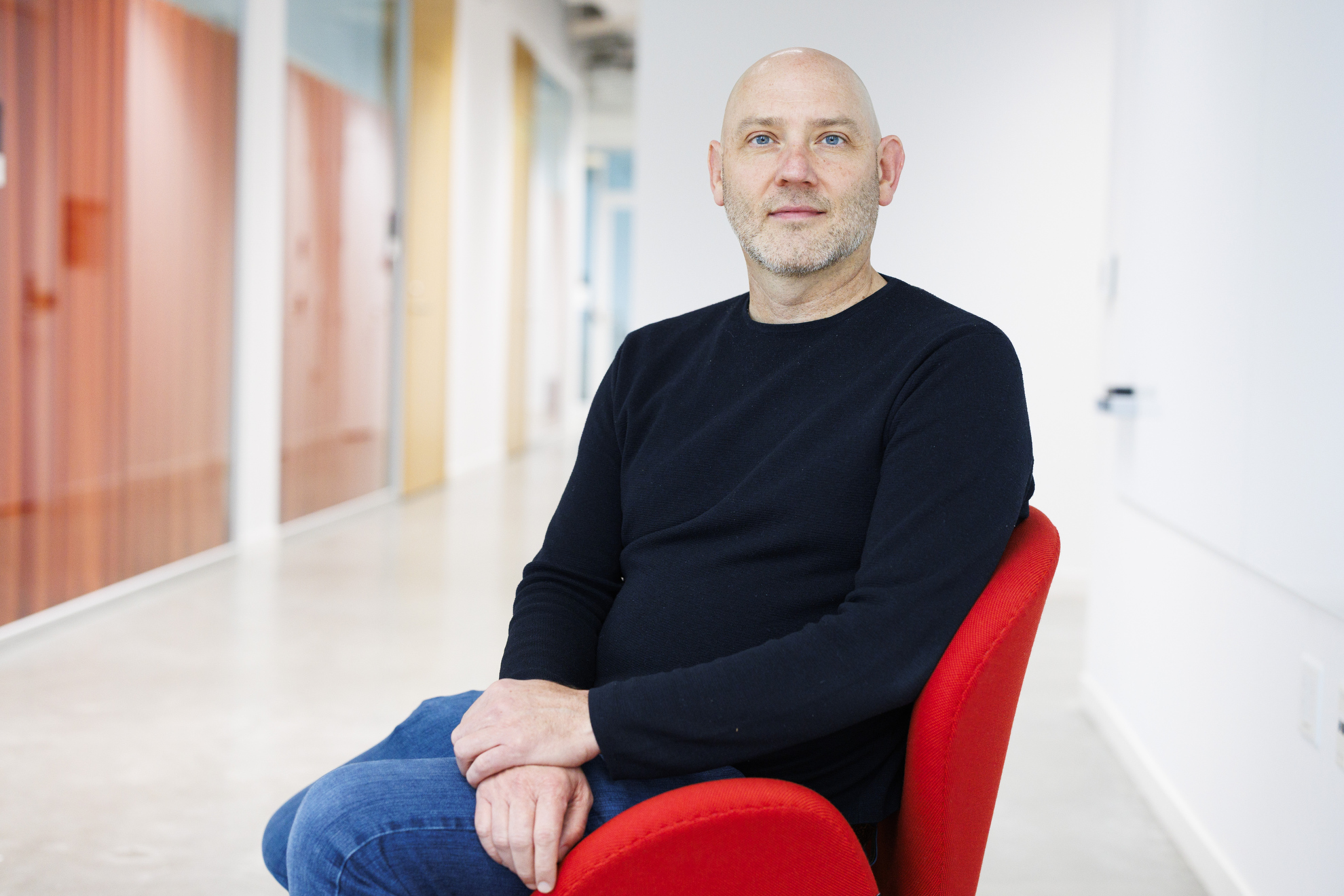
"A San Francisco pedestrian was severely injured in 2023 when a driver struck her, throwing her in the path of a self-driving car that dragged her 20 feet while attempting to pull over. In the complex circumstances and legal fallout of the crash, educators saw a learning opportunity for future engineers to grapple with the ethical challenges of emerging technologies. "We framed the case as a cautionary tale and a challenge for improving design in cases where collisions are unavoidable,"
""Students are basically getting a flavor of humanistic education inside their computer science courses," said Matthew Kopec, program director for Embedded EthiCS. "Having conversations in the computer science classroom about these topics that anchor into their core values, where they can actually talk with each other, learn that different individuals have different values, and defend their values. That's not something that usually happens in a computer science classroom.""
Harvard's Embedded EthiCS program integrates philosophy scholars into computer science classrooms to help students confront ethical and social implications of technology. Educators used a 2023 San Francisco collision involving a pedestrian and a self-driving car to prompt design and training-model discussions about unpredictable scenarios. In courses such as Planning and Learning Methods in AI and Introduction to Computational Linguistics and Natural-Language Processing, students engage in humanistic education within technical curricula. Students discuss core values, recognize differing perspectives, and defend positions. The program, launched in 2017, has increased emphasis on AI ethics as AI use surges.
Read at Harvard Gazette
Unable to calculate read time
Collection
[
|
...
]